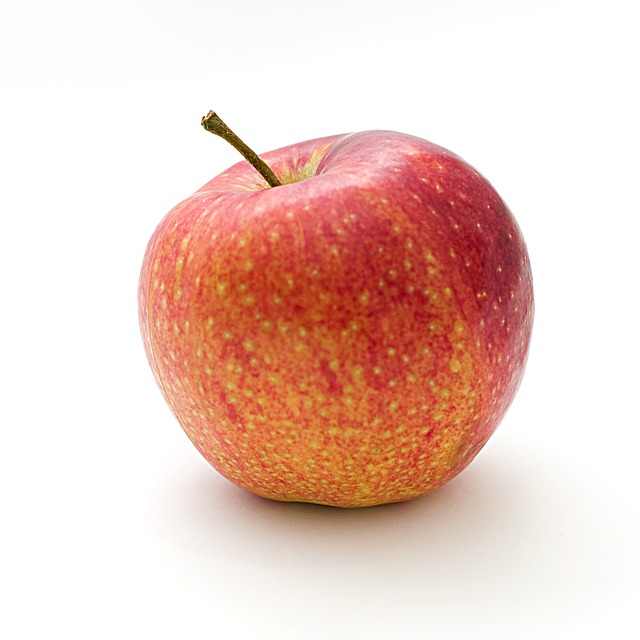Understanding Prebiotics and Probiotics: What’s the Difference?
When it comes to gut health, there are two terms that often get thrown around: prebiotics and probiotics. While these words may sound similar, they refer to different things. In this article, we’ll break down the difference between prebiotics and probiotics and how they work together to support a healthy gut.
What are Prebiotics?
Prebiotics are a type of fiber that can’t be digested by the human body. Instead, they travel through the digestive system and provide fuel for the beneficial bacteria in the gut. Essentially, prebiotics are the food that probiotics need to thrive.
Prebiotics are found in many different foods, including:
- Chicory root
- Jerusalem artichoke
- Garlic
- Onions
- Leeks
- Asparagus
- Bananas
By eating foods that are high in prebiotics, you can help to promote the growth of beneficial bacteria in your gut. This can have a positive impact on your overall health, as research has shown that a healthy gut microbiome is linked to better immune function, digestion, and more.
What are Probiotics?
Probiotics, on the other hand, are living organisms that are found in certain foods and supplements. These microorganisms are similar to the beneficial bacteria that are naturally present in the gut, and can help to improve the balance of bacteria in the gut microbiome.
Probiotics are naturally present in fermented foods such as:
- Yogurt
- Kefir
- Sauerkraut
- Miso
- Kimchi
Probiotics are also available in supplement form. These supplements may contain one or more strains of bacteria that have been shown to have beneficial effects on gut health.
How Prebiotics and Probiotics Work Together
While prebiotics and probiotics may seem like they work independently, the truth is that they actually work together to improve gut health.
When you consume prebiotics, you’re essentially providing food for the beneficial bacteria in your gut. This can help to promote the growth and multiplication of these bacteria, which can have a positive impact on your overall health.
Probiotics, on the other hand, are living organisms that can help to improve the balance of bacteria in the gut. By consuming probiotics, you’re essentially introducing “good” bacteria into your gut microbiome. This can help to crowd out harmful bacteria and promote a healthier environment in your gut.
In addition, research has shown that consuming both prebiotics and probiotics together can have a synergistic effect. Essentially, this means that the prebiotics can help to promote the growth and survival of the probiotics in the gut. This can result in even greater benefits for gut health than consuming either prebiotics or probiotics alone.
Conclusion
If you’re looking to improve your gut health, it’s important to understand the difference between prebiotics and probiotics. While prebiotics provide food for the beneficial bacteria in your gut, probiotics introduce living organisms into your gut microbiome.
To support a healthy gut, it’s recommended that you consume a variety of foods that are high in prebiotics and probiotics. This can include foods such as yogurt, kefir, garlic, onions, asparagus, and bananas. Additionally, you may consider taking a probiotic supplement to further support gut health.
By incorporating prebiotics and probiotics into your diet, you can help to improve the balance of bacteria in your gut microbiome. This can have a positive impact on your overall health and wellbeing.







